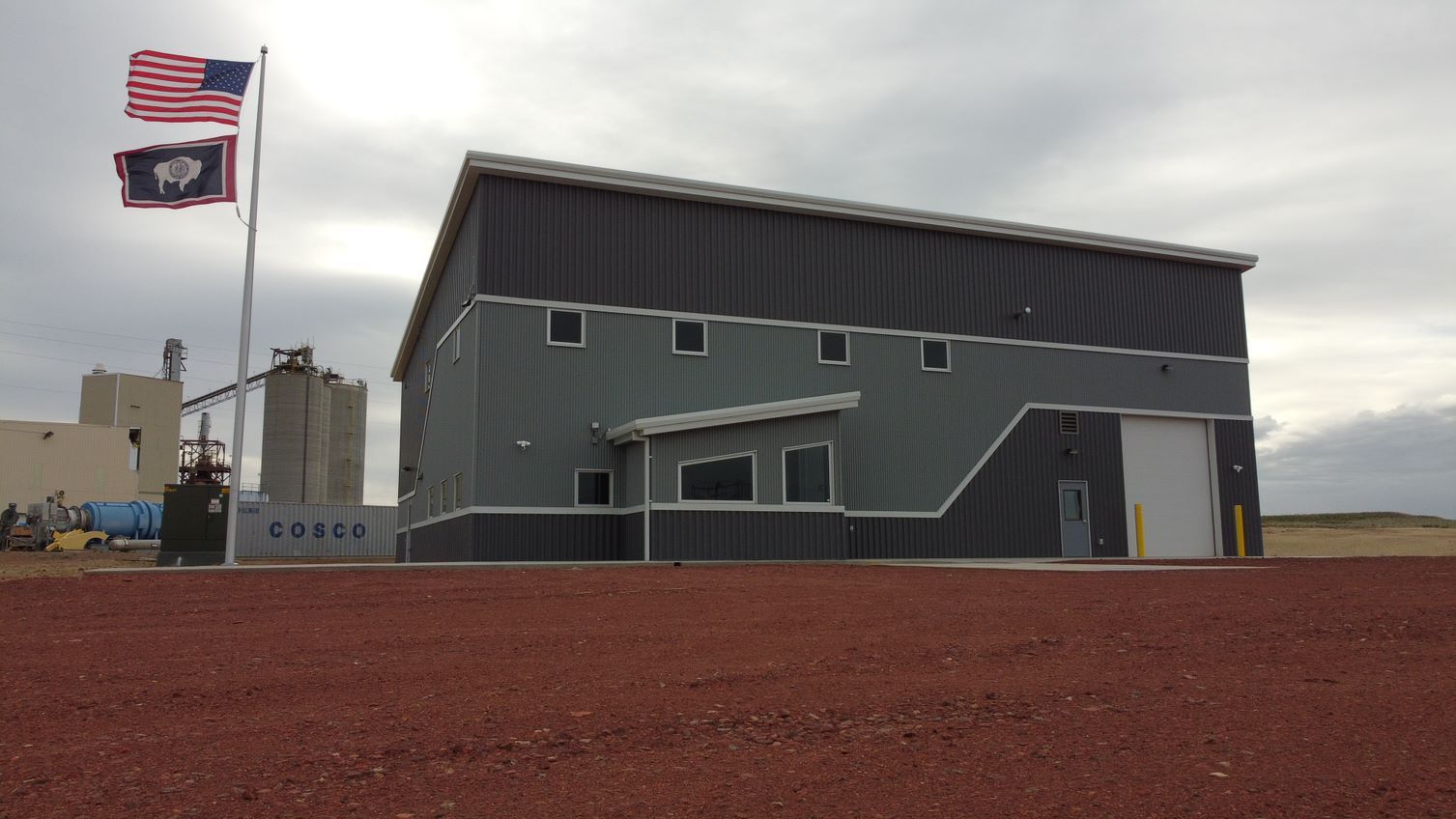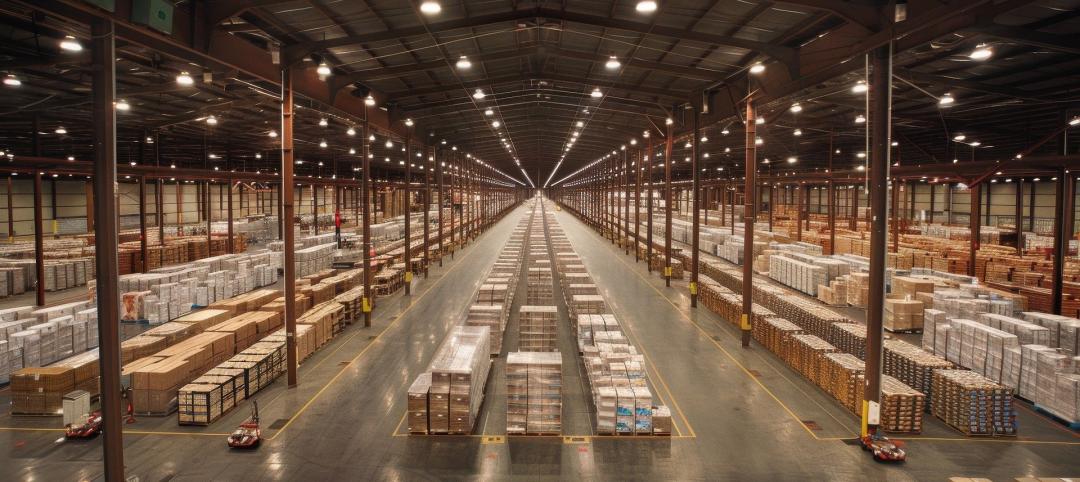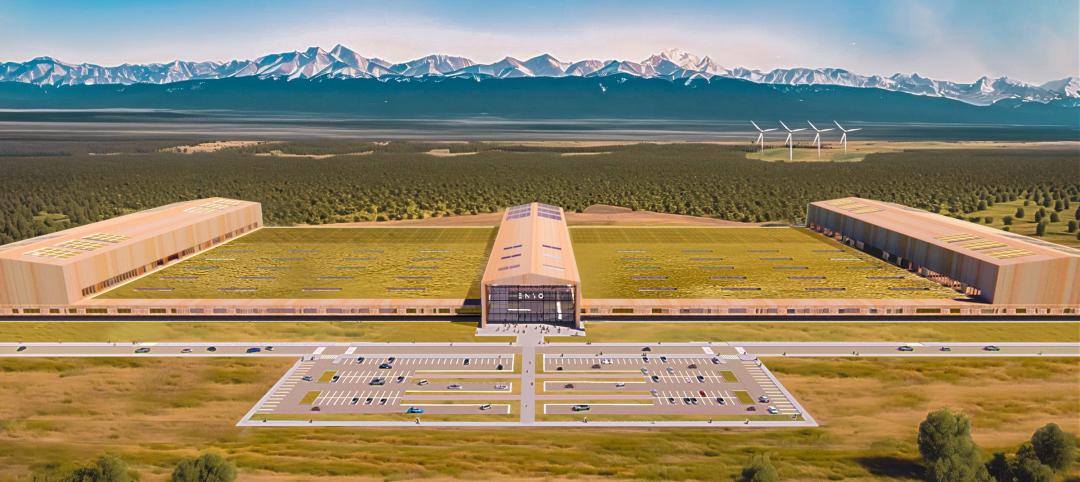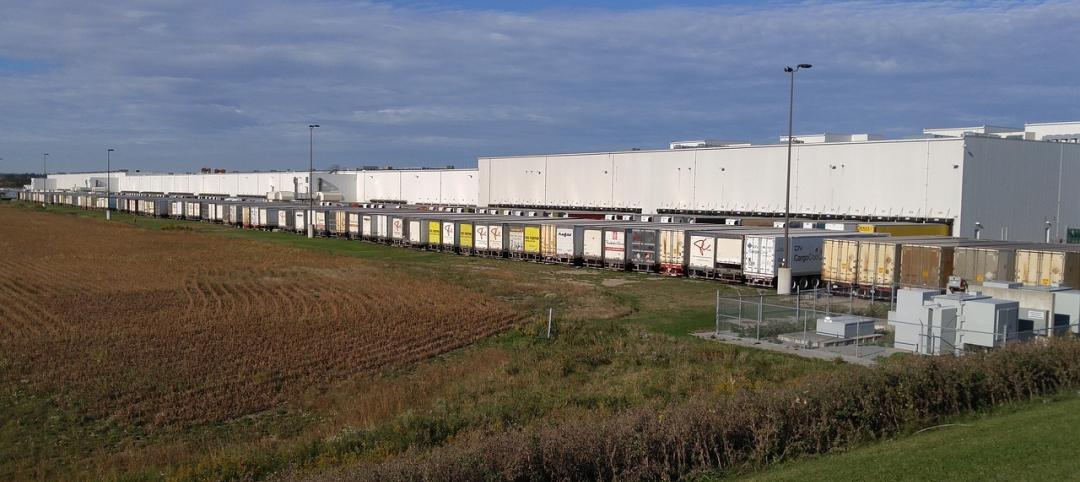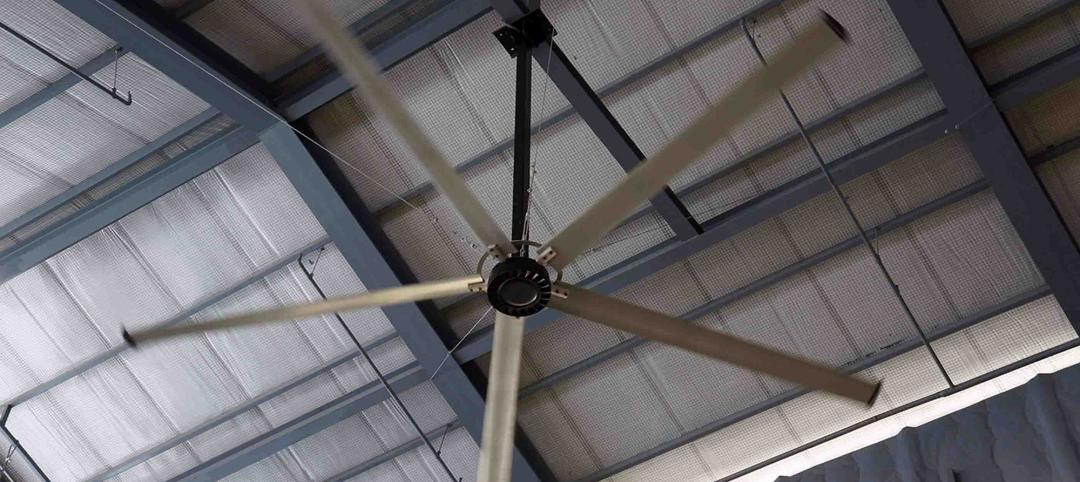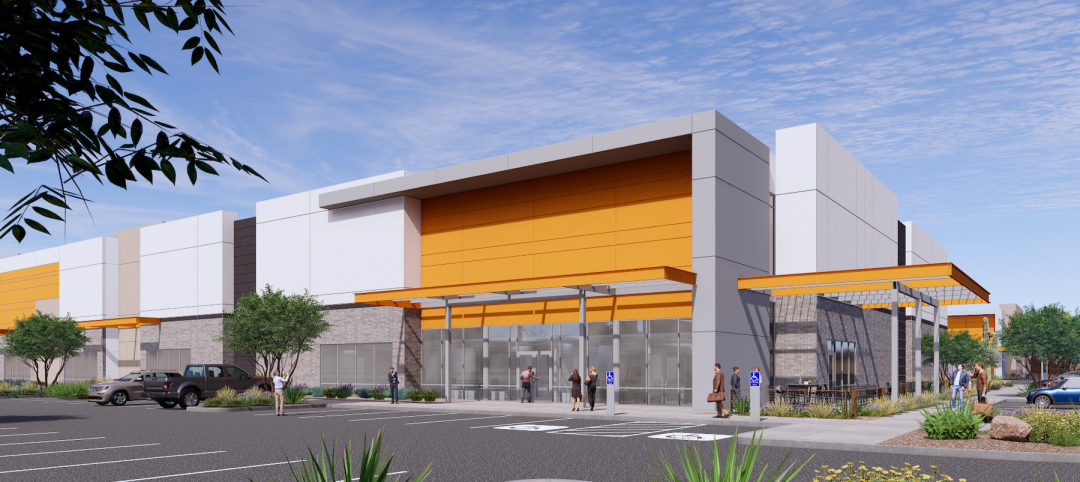The future of coal as a major energy resource is fraught with uncertainty, given coal burning’s detrimental impact on the environment. Coal accounted for more than two-fifths in the overall growth of CO2 emissions last year, reaching an all-time high of 15.3 billion tons, according to the International Energy Agency, to say nothing of the sulfur dioxide and nitrogen oxides each ton of coal burned produces. As of mid 2020, renewables surpassed coal as the second most-used electricity source in the U.S., behind natural gas, according to the U.S. Energy Information Administration (EIA).
“The phasing out of coal will … be fundamental to meet net-zero goals by 2050 globally. As highlighted by the IEA, all unabated coal needs to be phased out by 2040 to be on track to achieving net zero by 2050,” states the World Economic Forum.
EIA estimated last October that there’s more than 250 billion short tons of recoverable coal in the U.S. (A short ton is equivalent to around 2,000 lbs.) How much of this asset gets spent ultimately could depend on finding ways to use coal that are less toxic to the environment and populations, as well as politically and socially acceptable.
About 165 billion tons of that recoverable coal are in a region in Wyoming’s Campbell County called Carbon Valley, which is where the Wyoming Innovation Center held its grand opening earlier this month. The 9.5 acres that the 5,500-sf innovation center sits on in the town of Gillette were once an active coal mine that was converted into an industrial park. The Innovation Center’s mission is to provide a home to companies and researchers developing products using coal and coal byproducts.
NONCOMBUSTIBLE ALTERNATIVES
“The primary focus will be creating noncombustible uses for coal, first on a benchtop scale and then commercially,” explained Ben Reeves, Project Manager and Architect for Arete Design Group in Sheridan, Wyo., the architect on the Innovation Center. BD+C interviewed Reeves with Micky Shober, Project Superintendent with Powder River Construction, the Innovation Center’s general contractor.
The Innovation Center will also home in on extracting pivotal rare earth elements found in fly ash of coal burned at local power plants.
Reeves spoke specifically about Carbon Capture Utilization and Sequestration (CCUS) as one possible area of research. Shober suggested that oxygenation to burn coal more cleanly, and producing tar-like oil from coal for asphalt paving, could be other research avenues.
PART OF A BIGGER R&D PICTURE
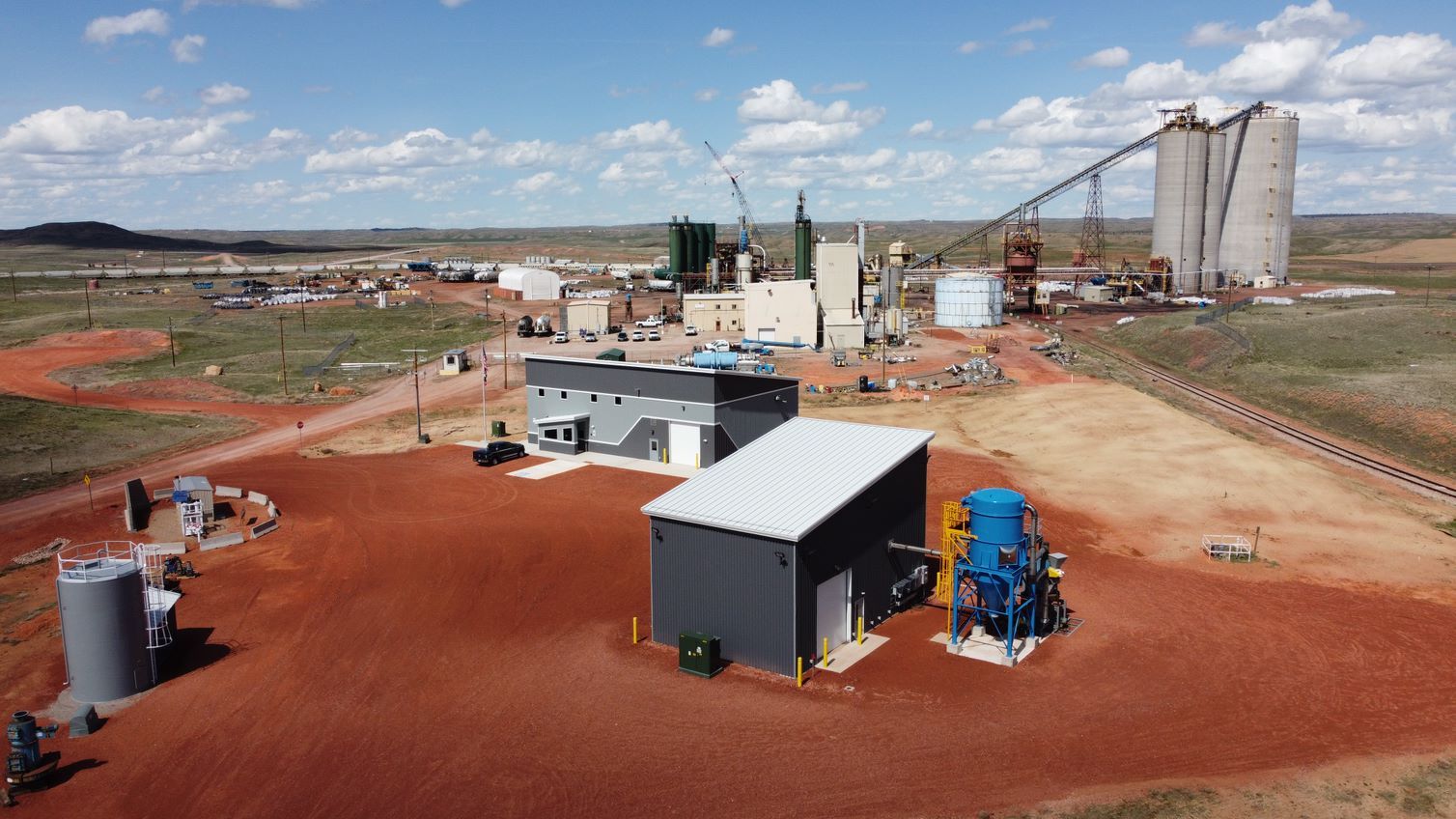
The Innovation Center is a relatively simple structure: a metal building on a concrete foundation. The design is basic, too, because “we don’t know yet what the innovators will use the space for; there’s no template,” said Reeves. (The building’s first tenant is the National Energy Technology Laboratory. And news reports have stated that the University of Wyoming is interested in renting space for at least three projects.)
The Innovation Center is among several projects that are exploring new options to address the lifecycle of carbon, including the University of Wyoming School of Energy Resources’ CarbonSAFE project, the Wyoming Integrated Test Center, which opened in 2018 and has been testing CCUS technologies using 20 MW of actual coal derived from flue gas.
“The Innovation Center is further solidifying the Carbon Valley as an R&D hub,” said Phil Christopherson, CEO of Energy Capital Economic Development (ECED), the Innovation Center’s owner, who has been working on this project since 2015. “It will connect our workforce, provide a cleaner environment and ultimately strengthen our economy and community.”
The Innovation Center itself consists of several components: there’s a 4,000-sf building for offices and labs. Another 1,500-sf building is for materials handling and processing. Outside there are seven large open-air pads with power and water available. The site also has a small water pump house.
Reeves pointed out that another advantage of this site is the six-inch high-pressure gas line that runs through the property.
TARGETING A BROAD TENANT BASE
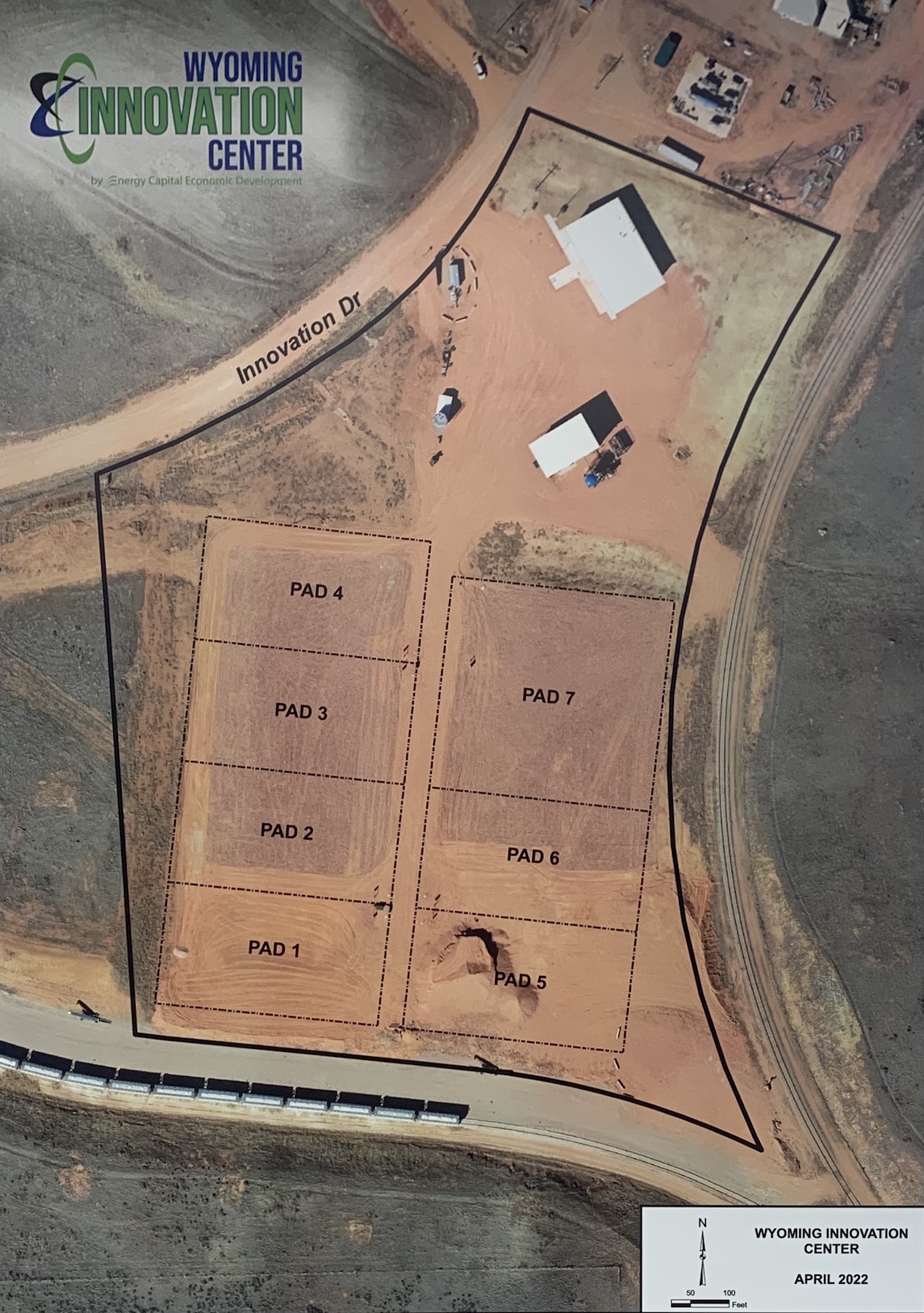
Reeves singled out Jim Ford, an energy and industry advisor for Campbell County, as being instrumental in helping the design and building team make decisions about the project. Reeves and Shober also praised ECED for, in Reeves’ words, “drumming up” interest in the project, both locally, statewide, and beyond. The project received a $1.5 million grant from the Wyoming Business Council, a $1.46 million grant from the U.S. Economic Development Administration, and other funding from Campbell County and the city of Gillette.
Reeves and Shober expected the Innovation Center to draw entrepreneurs and researchers from outside the state.
Related Stories
Data Centers | Oct 1, 2024
10 biggest impacts to the data center market in 2024–2025
While AI sends the data center market into the stratosphere, the sector’s accelerated growth remains impacted by speed-to-market demands, supply chain issues, and design innovation necessities.
Warehouses | Sep 27, 2024
California bill would limit where distribution centers can be built
A bill that passed the California legislature would limit where distribution centers can be located and impose other rules aimed at reducing air pollution and traffic. Assembly Bill 98 would tighten building standards for new warehouses and ban heavy diesel truck traffic next to sensitive sites including homes, schools, parks and nursing homes.
The Changing Built Environment | Sep 23, 2024
Half-century real estate data shows top cities for multifamily housing, self-storage, and more
Research platform StorageCafe has conducted an analysis of U.S. real estate activity from 1980 to 2023, focusing on six major sectors: single-family, multifamily, industrial, office, retail, and self-storage.
Codes and Standards | Sep 3, 2024
Atlanta aims to crack down on blighted properties with new tax
A new Atlanta law is intended to crack down on absentee landlords including commercial property owners and clean up neglected properties. The “Blight Tax” allows city officials to put levies on blighted property owners up to 25 times higher than current millage rates.
Industrial Facilities | Aug 28, 2024
UK-based tire company plans to build the first carbon-neutral tire factory in the U.S.
ENSO, a U.K.-based company that makes tires for electric vehicles, has announced plans to build the first carbon-neutral tire factory in the U.S. The $500 million ENSO technology campus will be powered entirely by renewable energy. The first-of-its-kind tire factory aims to be carbon neutral without purchased offsets, using carbon-neutral raw materials and building materials.
Industrial Facilities | Jul 24, 2024
Industrial construction slows, but demand remains strong
California and Arizona remain the most sought-after markets for development and operations, says CommercialEdge’s latest report.
Great Solutions | Jul 23, 2024
41 Great Solutions for architects, engineers, and contractors
AI ChatBots, ambient computing, floating MRIs, low-carbon cement, sunshine on demand, next-generation top-down construction. These and 35 other innovations make up our 2024 Great Solutions Report, which highlights fresh ideas and innovations from leading architecture, engineering, and construction firms.
Industrial Facilities | Jun 8, 2024
8 ways to cool a factory
Whichever way you look at it—from a workplace wellness point of view or from a competing for talent angle—there are good reasons to explore options for climate control in the factory workplace.
Building Tech | May 21, 2024
In a world first, load-bearing concrete walls built with a 3D printer
A Germany-based construction engineering company says it has constructed the world’s first load-bearing concrete walls built with a 3D printer. Züblin built a new warehouse from a single 3D print for Strabag Baumaschinentechnik International in Stuttgart, Germany using a Putzmeister 3D printer.
Industrial Facilities | May 9, 2024
Another new industrial facility breaks ground in hottest market for this sector
The Brickyards on Ellsworth in Mesa, Ariz., will eventually have eight buildings.


